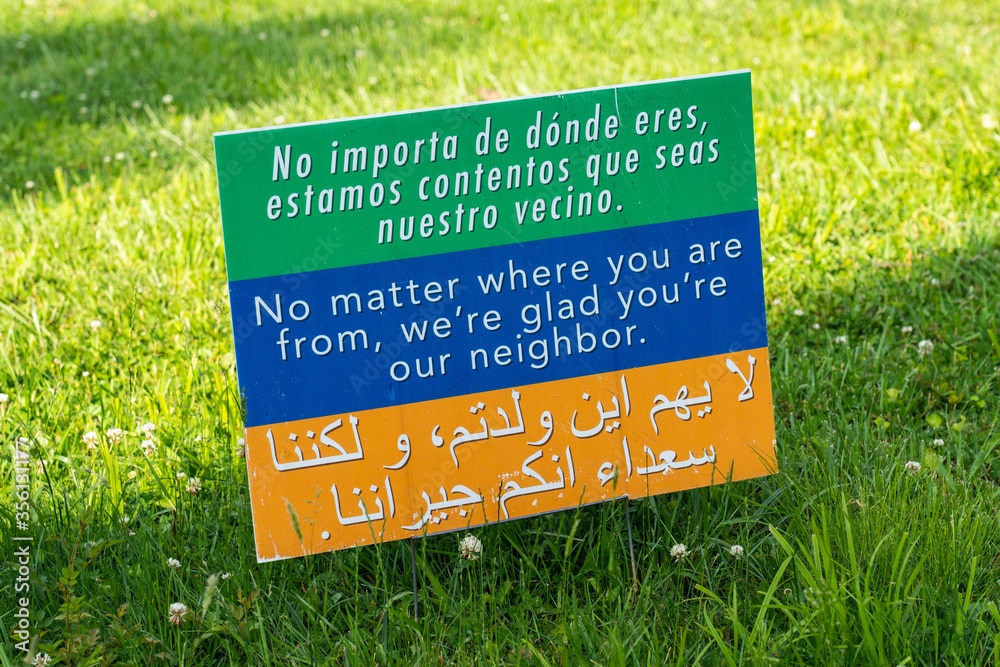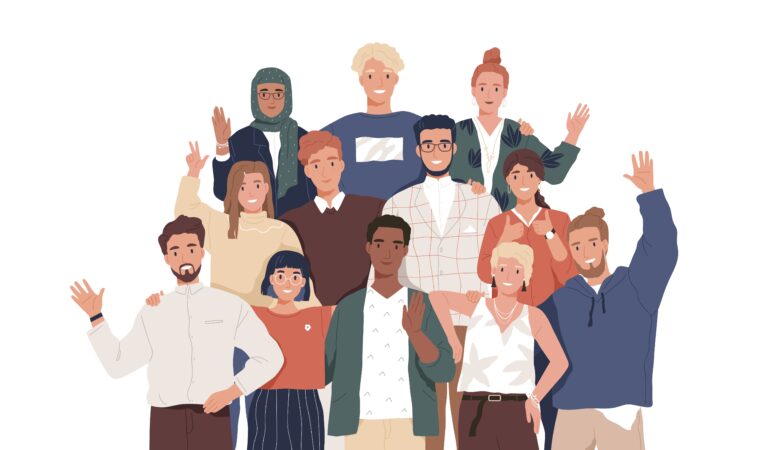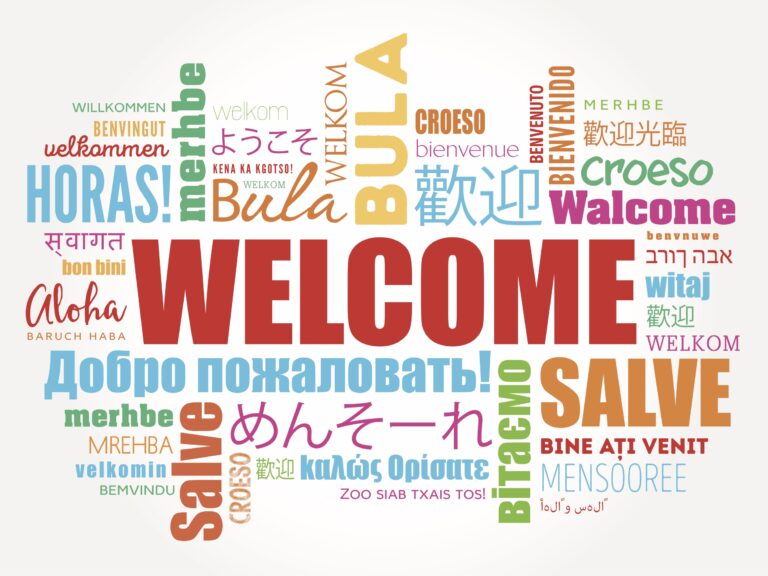The Art of Balance: Supporting newcomer adjustment to Canada
Yazan Alhajali, Refugee Sponsorship Coordinator and Juliet Donald, Co-Director
As Ads Up Canada gears up for newcomer arrivals some time later this year, we have turned our thoughts to what’s best to support their adjustment to Canada. As refugee sponsors ourselves, we have long deliberated on how to offer support that is neither too directive nor too passive. While each newcomer will bring their own personality and tenacity to the job of settling in, we wanted to share our thoughts on some common experiences of refugee newcomers with special consideration for those who have survived infinite detention.
Deference to Others’ Opinions
Since all these refugee newcomers were held against their will in prison like conditions, the effects of institutionalization may be present. This means that their ability to make decisions about their own lives was put on hold and actively suppressed during their time in detention. Experiences such as being called by the assigned Boat ID number instead of their names has likely added to a lost sense of person autonomy. We anticipate that newcomers will turn to their settlement team members for advice on many things. We also anticipate that some may even show deference to the opinions of their support team and this can very much set the course for establishing their life in Canada. We encourage settlement teams to try the art of balancing their personal opinions with the needs of the newcomer. Consider presenting information in a factual way and help the newcomer arrive at their own conclusions. While decision making may feel overwhelming for newcomers, this is where resettlement support can help, rather than making decisions for the person.
Feeling Obligated
In the same way that support teams feel an obligation to the newcomer, the newcomer in return can feel on obligation to the team. This sense of obligation can look like ‘people pleasing’, as the newcomer tries to get along with the team by meeting perceived expectations of them. While it is the team’s role to provide support, the art of balance will be between what the newcomer wants and what the team may want for them. Discuss with your team on how to approach supporting the newcomer in making a decision that the team may not agree with. For example, what if the newcomer wants to find employment right away while the team feels it’s best that they engage in full-time language classes or employment up-skilling? The team may see that strong language and employment skills provide a better chance in the job market long term, though for the newcomer, making money may be their first priority. It is important that the newcomer doesn’t feel pressured to please the team and make decisions that are against their wishes. Again, we encourage a self-empowerment approach by providing the newcomer with all the information needed to make their own choices about the life they build here.
Survivor’s Guilt
As the first arrivals of 2021 start to settle in to Canada, hundreds of other refugees will still in be detention both offshore and onshore in Australia. Many are still being held in terrible conditions. The newcomers may experience a degree of Survivor’s Guilt, i.e. feelings of guilt about having made it to safety while many others are left waiting or still without a durable solution in sight. For those refugees participating in ‘family reunification’ this situation means that one person has made it to safety while the rest of their family waits in difficult and often dangerous situations until approved for sponsorship to Canada. This can make it hard for the newcomers to fully enjoy the opportunities and freedoms that their new lives in Canada offer. As settlement team members, we can be sensitive to these feelings of guilt. They are a very normal reaction to a very abnormal situation. Settlement teams can play a vital role in supporting the mental health of newcomers. Try to validate these feelings and support the person to embrace what they can in their new lives. Over time, they will work through these feelings and if need be, professional support can help. We can’t hurry up the adjustment process without going through the steps that each person needs to take.
Comparison Making
Many of the newcomers will know each other, or at least know of each other, from their time in detention. If they are on social media, they will likely share updates about their new lives in Canada. As the newcomers swap and share stories solidarity may evolve, although there may also be a sense of ‘comparison’. They may be looking to each other to see where they ‘should’ be up to in their adjustment process. The person you are sponsoring may be taking cues from fellow newcomers about how to ‘best’ build a life in Canada. When is the right time to get a job? Where should they live? What bank is the ‘good one’ to register with? Or even feel discouraged if they feel that their peers are making faster progress such as learning English more quickly, or finding employment sooner. As all our lives are different, so will be the newcomers’. Talk with your team about how to understand the pressure the newcomer may feel to get it right in building a life, while also balancing what they need to make life right for them. For more useful resources and information on how to support newcomers, visit our resources page.
There is no one way to be a member of Canadian society. We look forward to seeing the wonderful contributions these newcomers will make to your part of the country.
We hope this conversation helps spark many more. And as always, reach out if you have any questions.






